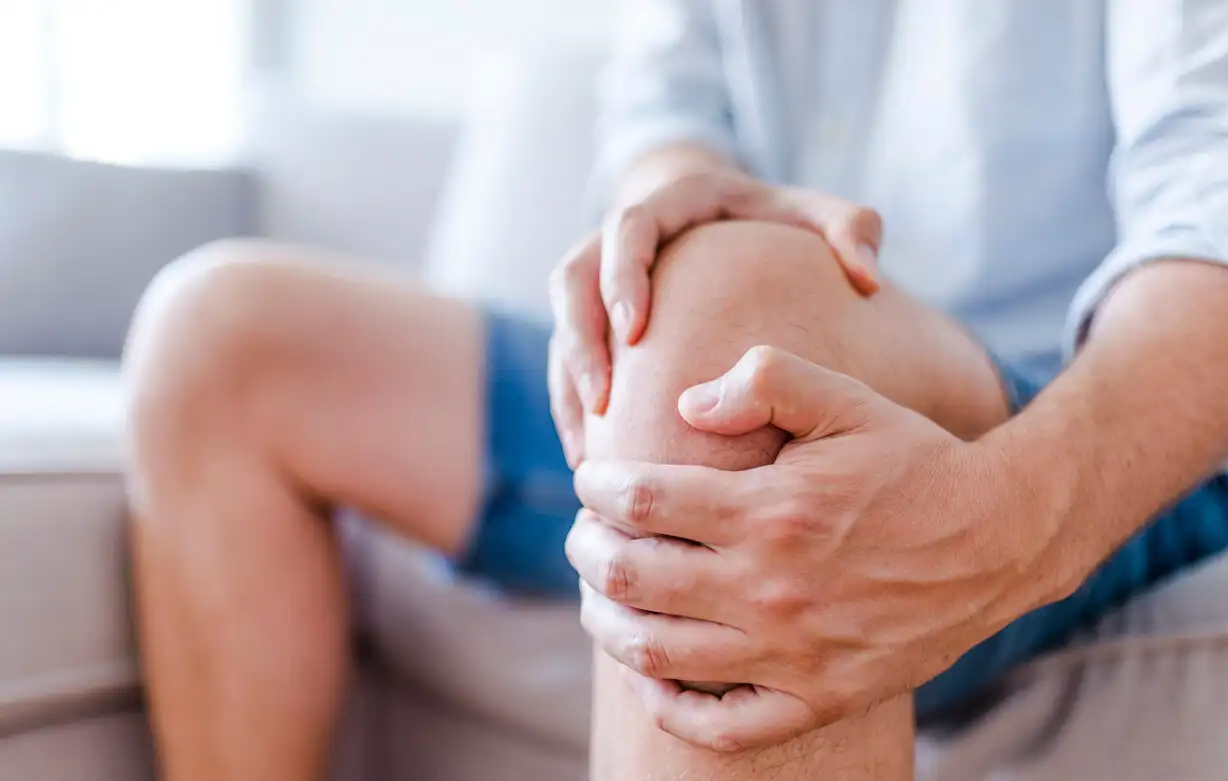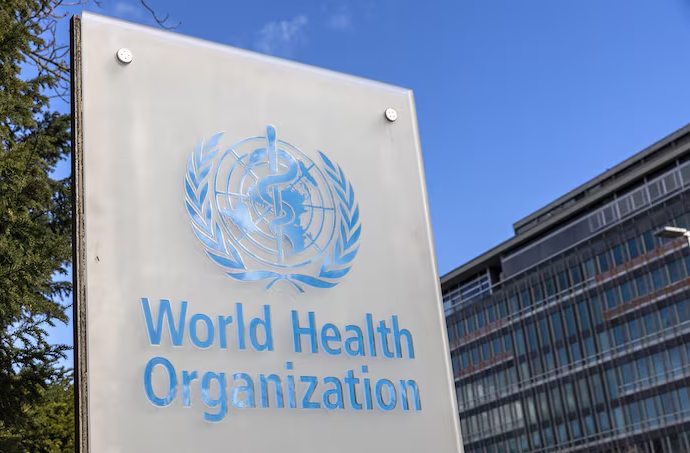Thank you. Listen to this article using the player above. ✖
Want to listen to this article for FREE?
Complete the form below to unlock access to ALL audio articles.
A new clinical trial has reaffirmed the potential of the magic mushroom-derived compound psilocybin to relieve the symptoms of major depression. The study, published in the Journal of the American Medical Association, is the latest to suggest that psychedelic drugs can provide a new treatment option in psychiatry.
A comfortable room with psychedelic tunes
The new phase 2 study recruited 104 participants with a diagnosis of major depressive disorder (MDD). Patients were randomly given either a 25 mg capsule containing synthetic psilocybin or the placebo substance niacin, which attempts to disguise the treatment given to both patient and doctor by inducing flushing. How effective this masking is remains unclear.
Want more breaking news?
Subscribe to Technology Networks’ daily newsletter, delivering breaking science news straight to your inbox every day.
After between six and eight hours of preparatory sessions, participants were dosed in a cozy, comfortable room under the eyes of two facilitators. Wearing eyemasks and listening to a curated playlist, the participants spent up to ten hours feeling the psychedelic’s effects (or the placebo’s lack of effects).
The participants’ depression ratings were then assessed using the Montgomery-Asberg Depression Rating Scale (MADRS) over the next six weeks. The effects of the treatment became apparent after just a week. The scores of people receiving psilocybin plunged by -17.8 points on average on the 60-point scale, a difference 12 points greater than that for niacin. That difference was maintained at the six-week mark, suggesting the improvement is robust and long-lasting.
There were more mixed results when looking at the clinical impact of these improvements. Twenty patients receiving psilocybin showed a sustained response – a clinical measure defined as a 50% reduction in MADRS score – for the duration of the trial. Just five patients receiving niacin responded in the same way. The authors also looked at how many participants entered remission – defined as a reduction in MADRS score to below 10. More people who received psilocybin entered remission – 12 out of 48, but that number wasn’t significantly higher than for those receiving niacin.
Not a panacea
These latter findings illustrate an important point about psychedelic therapies that is often overlooked – they are not a magic wand for mental illness. Among the patient group receiving treatment with psilocybin, some recoveries were dramatic – one patient who began the trial with a MADRS score of over 40, well into the range indicating “severe depression”, scored a 0 on day 43. Nevertheless, five patients actually recorded a higher score on day 43 after receiving the compound and three patients receiving placebo showed huge reductions to bring their scores down to zero as well. “However, it is clear that despite the enthusiasm, psychedelic therapies do not represent a panacea for every patient. There are no silver bullets in psychiatry,” write Rachel Yehuda and Amy Lehrner, researchers at the Icahn School of Medicine at Mount Sinai, in a linked editorial piece.
The study authors also considered the rate of side effects in their patient group. While the majority of patients receiving psilocybin reported mild side effects, such as headache, there were limited instances of more severe side effects, such as enduring visual hallucinations. All serious effects were resolved by the study’s conclusion. Suicidal ideation – a worrying side effect noted in a previous trial – was also recorded.
While other limitations were noted by the authors – including the study’s lack of ethnic diversity and potential variation in how the psychological support component of the trial was delivered – the findings represent another step towards building the case for psychedelics as mental health tools, say Yehuda and Lehrner: “If psychedelic therapies do prove to have enduring effects after just a single or a few administrations in the context of a few sessions for preparation and integration, they have the potential to offer not just a new approach to mental health care, but an entirely new paradigm of care.”
Reference: Raison CL, Sanacora G, Woolley J et al. Single-dose psilocybin treatment for major depressive disorder. JAMA. 2023. doi: 10.1001/jama.2023.14530










